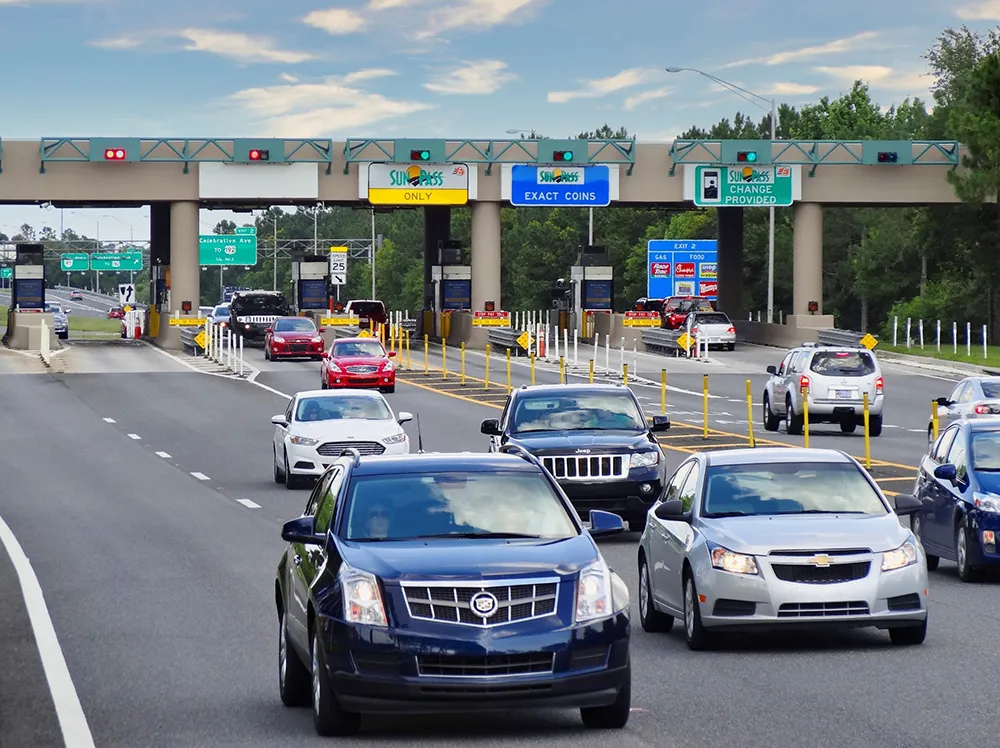Toyota says the project will help realise its automated mapping platform, an open software concept which supports automated driving by combining data gathered from vehicles of participating companies to generate HD maps.
Cameras which use Toyota Safety Sense (TSS) components will be equipped to the company’s test vehicles to collect data and images over several months from areas in downtown Tokyo. This information will then be processed on Carmera’s real-time platform to automatically generate HD map data.
Additionally, dashcam drive records will demonstrate automated map generation from a broader range of sources which do not have TSS.
According to Toyota, combining these techniques with digital maps available today will provide even more reliable road information to driverless vehicles. Also, generating HD maps based on data acquired from commercially available vehicles will enable automated driving on all roads, the manufacturer says.
Toyota to build HD maps for automated vehicles using camera data
Toyota Research Institute-Advanced Development and telematics company Carmera are conducting a ‘proof of concept’ project to develop camera-based automation of high definition (HD) maps for roads in Japan.
Toyota says the project will help realise its automated mapping platform, an open software concept which supports automated driving by combining data gathered from vehicles of participating companies to generate HD maps.
Cameras which use Toyota Safety Sense (TSS) components will be equipped to th
March 5, 2019
Read time: 2 mins










